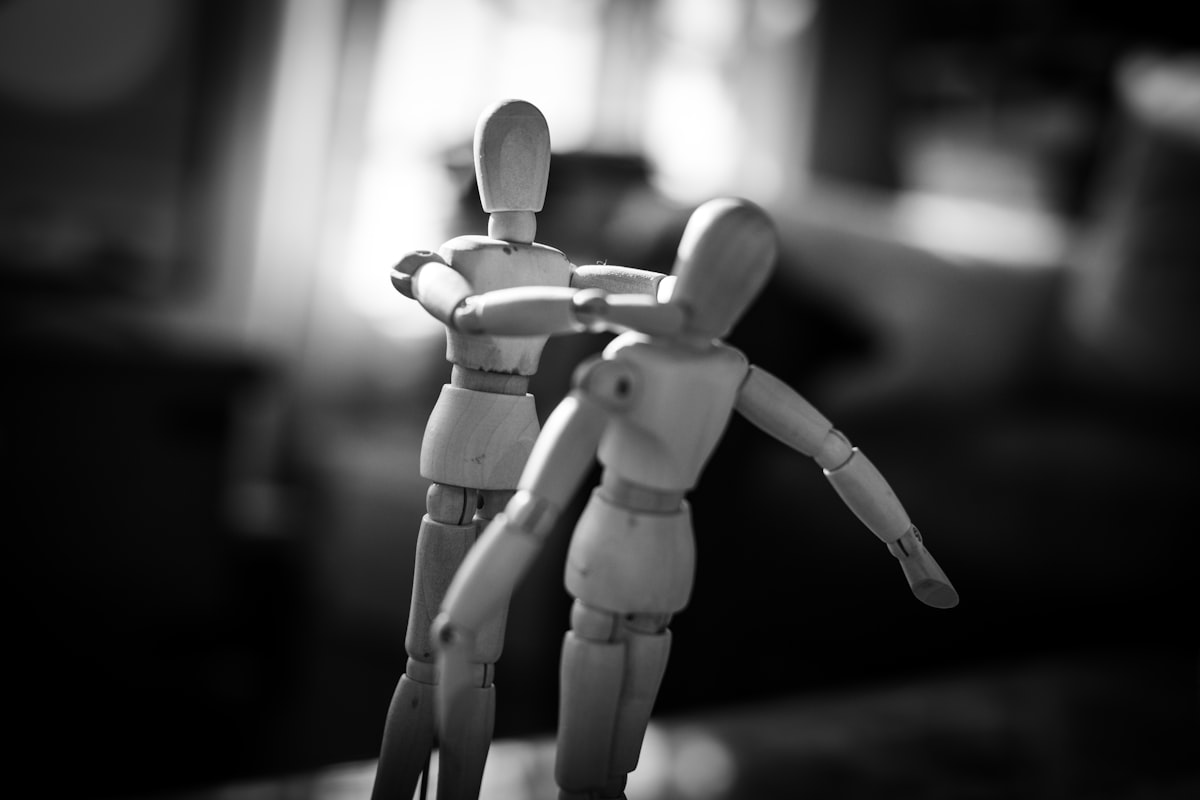Why your heroic moral character shouldn't be a saint
When writing characters becomes an exercise in virtue signaling, you've lost the plot (and your readers)

What kind of character are you writing when you write a hero?
If you follow today's pop culture out there in the Land of Netflix and gaming and comics, you might come away with one of two impressions.
- A hero is relentlessly kind and nice to everyone
- There are no heroes, only shades of moral grey
You either write an always-smiling "Nice Guy/Girl" who makes everyone nauseous... or you turn into a goth kid who only preaches despair because it's more realistic, man.
Writing real people almost seems to rule out writing a "moral" character.
Real people have conflicting motives. They want different things. They place different values on different goals. They have living bodies that need food, water, and shelter.
Et cetera.
How can you capture that rich palette of realistic motives driving a well-rounded character, and still tell a story about the boring guy who only cares about doing his duty?
Here's one thing to think about. A good-guy doesn't have to be obsessed with duty.
No realistic character can be a piece of cardboard. He and/or she will be a conflicted mess of motivations, incompatible values, and mutually exclusive goals. Ain't nobody perfect what's born in the mortal flesh.
Many slow 'n shallow thinkers would take that fact and reason their way to despair. If nobody's perfect, then there's no standards at all.
Heck, maybe the only good thing to do is be kind and tolerant of everybody's choices no matter how silly, awful, or dangerous to others.
Not so fast.
Like I wrote the other day about the existentialist hero in a grimdark world, the absence of perfect people doesn't mean you can't orient yourself in the general direction of Good and Evil.
I may not know the exact geometric proportions of the line between Black and White, but I can sure tell which side we're standing on.
Here's another thing. Doing the right thing doesn't mean being kind and nice to everyone without exception.
That's a pretty silly thing to believe if you think about it for even half a second.
If you see someone in immediate danger and don't shove them out of the way because it might be rude... you've acted badly.
Extreme example though entirely true. Morality isn't about making people feel good, loved, recognized, accepted, or esteemed.
Do you really believe that you live in a world where anything a person wants is "good" just because they want it? Up here in 2021 that's the running standard for those lost souls still plugged into the Cable TV. Out here in the real world of humans, we know better.
Slippery standards or no, there is such a thing as a bad decision.
If I wanted to bore you with moral philosophy, I'd point out to you that there's an old tradition of treating "moral" as synonymous with "pure".
A real good-guy must be pure-hearted, selfless, altruistic to a fault, working for the Higher And Greater Good Of All. He acts for higher reasons than his own silly human motivations.
I draw your attention to the interesting choice of words here: "to a fault".
The words raise an interesting question. Can somebody be "too moral"?
Can a person be so selfless and pure-hearted that it becomes a character flaw?
Some resist the conclusion. A good person is a saintly person.
Me, I'm a realist. You can take almost any positive characteristic and find a situation where it becomes a vice.
Funny enough, ancient minds were far more perceptive about this angle on human behavior.
There's reason why Aristotle put practical wisdom at the head of the list of virtues.
A truly good person knows when it's proper to behave according to the rules of impartial morality -- and he also knows when it's time to throw down like Batman.
Being a good and moral person doesn't mean being a rube, dupe, or any kind of mark. You can't be a good moral person if you're crippled, sick, or dying in the streets. And not only that, a good person is able to freely choose his or her own goals and take responsibility for them.
Part of morality is taking care of yourself and those closest to you.
Any realistic hero worth caring about is going to be a writhing seething mess of psychological motivations.
Heroes are going to experience conflict. They're going to doubt, second-guess, and make bad calls. They might even do bad things from time to time.
The point of the Hero is not flawless goodness to a fault. Superman is a fun and admirable heroic character, but you can only tell so many interesting stories about the immortal demi-god. Superman never feels conflict over his sense of duty.
If there were any moral saints, they'd make for boring characters and bad role models.
Batman, now there's a guy with problems. Batman lives in the shadows. He knows pain and fear. He's not the ideal represented by the Big S, which only makes him all the more relatable.
We "get" Batman because we all know what it's like to have to choose between good and bad. We understand that struggle to figure out the right thing and then make ourselves do it. The higher the stakes, the harder that choice gets.
That struggle (and the occasional stumble) is what makes an interesting hero.
PS – If you enjoy these posts, why not subscribe? That way you can receive them directly in your inbox... and you'll get the members-only posts.
There's no charge (yet) to subscribe as a free member, so click here and join now.

